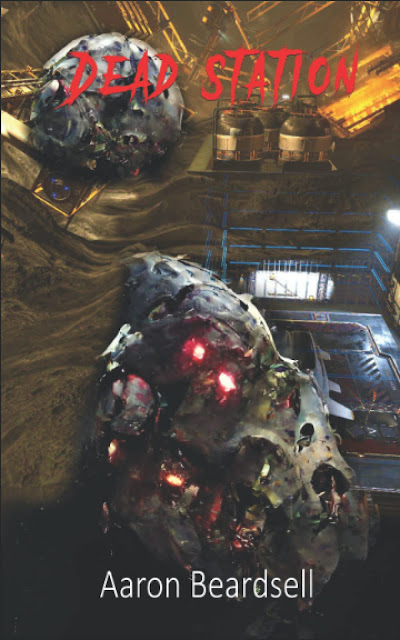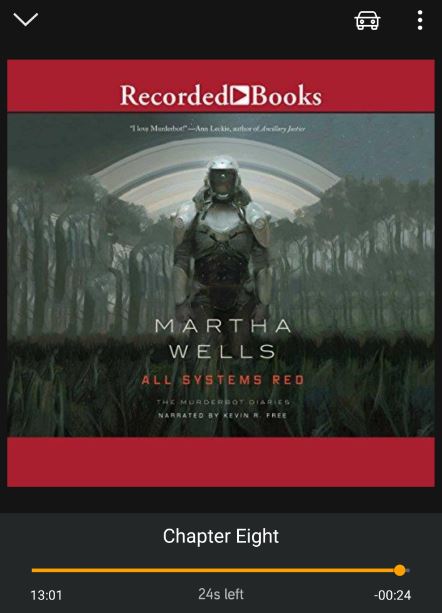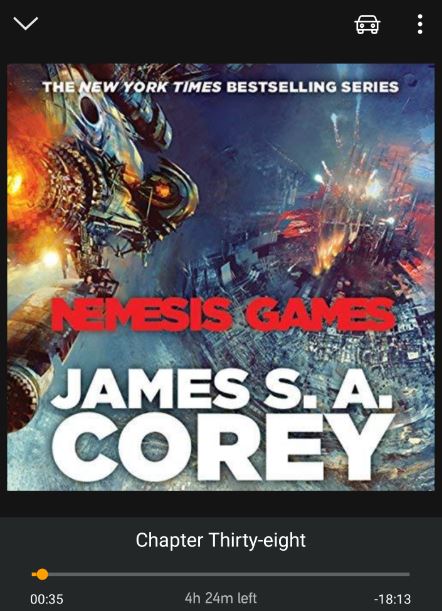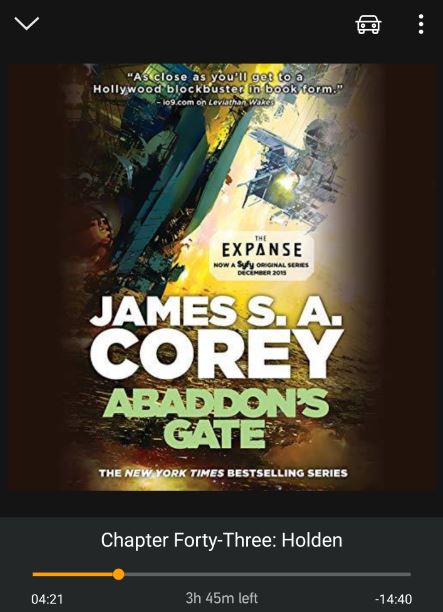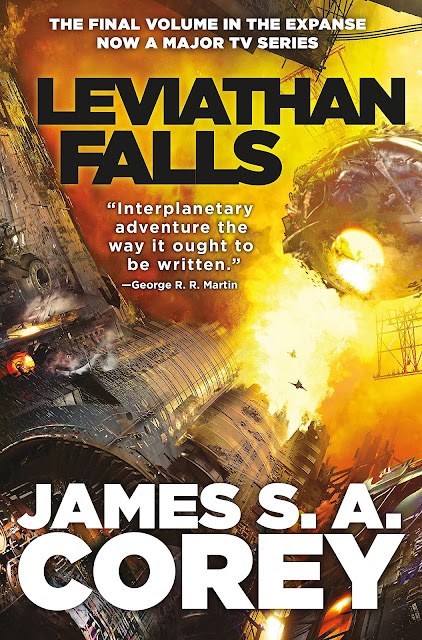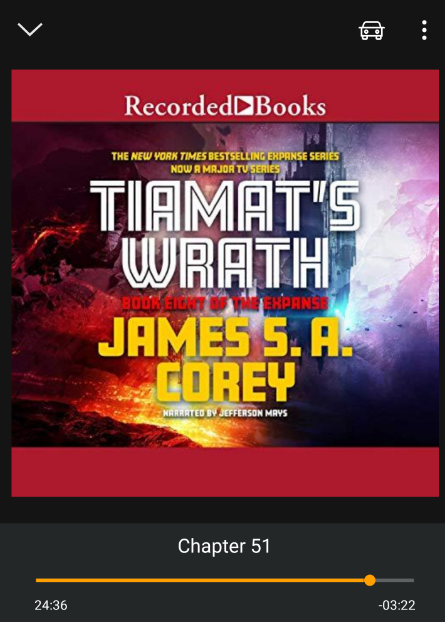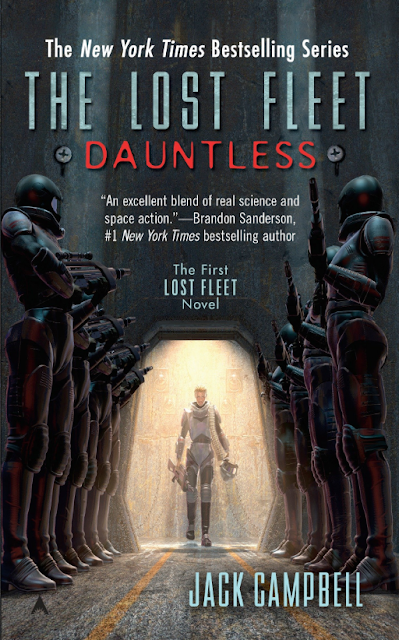Tonight Obscurists, things go bump in the stars! Gear up for a sci-fi horror story with Aaron Beardsell’s “Dead Station.”
What I love about this book:
“Dead Station” was pitched to me as a mix between “Alien,” “Event Horizon,” and “The Thing,” three sci-fi horror stories I absolutely adore—and Beardsell, one hundred percent, hits those notes pitch perfect. For better or worse, a lot of genre fiction is marketed by what it’s like. A lot of the time, the first question about a story is, “what is it like?” And to be honest, it’s usually an interpretation of whether or not a story is “like” another story or not. So it’s genuinely impressive how laser-like accurate Beardsell is on what “Dead Station” is like.
What “Dead Station” is, is a short story collection. And as with any talented short story writer, I’m jealous. In my fiction, my attempts at short fiction tend to balloon on me. I’m often reminded of the Abraham Lincoln quote, “I could write shorter sermons, but when I get started, I’m too lazy to stop,” never mind if he actually said that or not, I like it, and it reminds me of my plight. Beardsell pulls off all the essential qualities of a plot in each story and does it with brevity and style.
This next point is minor spoiler-esque, not anything to spoil the plot, but more character motivation that I need to bring up. I have often said that I like my human antagonists to have motivations and my Lovecraftian nightmare monsters to be unknowable. That’s the rule I live by, and “Dead Station” flat out defies that preference of mine, and god damn it if I didn’t fucking love it. We get a peek into the ultimate-terror-from-beyond-the-stars’ mind, and, from its perspective, it feels like it’s being friendly. It’s bringing people together—making friends—and that childlike exuberance is terrifying. “Dead Station” is an object lesson that rules are great to know, but if you’ve got a good angle on something—break whatever rule you need to achieve that effect.
What I don’t love about this book:
The human characters we follow through these short stories are great quick sketches, but that’s all they are, partly due to the short story form, so there isn’t much that could be helped there. Every time I felt I was getting in a groove with a character, learning who they were and how they thought, that story was about over. The ultimate effect is none of the human characters achieve much of an emotional response from me.
It’s eluded to that there is a company a lot like Weyland-Yutani in this universe, and I never understand how these companies grew to such power to supposedly control everything. These sci-fi horror story companies choose evil at each step, even when it doesn’t make sense. It’s the Umbrella Corporation conundrum, as I call it. For instance, how does Umbrella keep getting investors? Because their primary preoccupation seems to always be; to build a secret illegal bioweapons lab underneath everything, have the laxest laboratory procedures to guarantee an accident, and get 99 percent of their workforce killed. Repeat. Not the most effective business model. And sure, real companies can be evil too, but they’re typically much better at least pretending they’re not. So it’s not my favorite trope.
This preview is an Amazon Affiliate link;
as an Amazon Associate, I earn from qualifying purchases
Author’s Website: https://allmylinks.com/aaronbeardsell
Analysis:
“Dead Station” is an extremely quick read, a fantastic time burner if you need one. Beardsell clearly has bigger ideas for this universe, but don’t expect them to be fully fleshed out in this collection.
Overall, these stories know what they are and embrace their core concept. There aren’t any sub-plots, extraneous detail, or character study—it is a straight arrow of high concept. Each story rolls out precisely on message. The first is a mysterious dead station from which a desperate crew needs to get supplies; horror ensues. The second is another station from a child’s perspective while the initial horror is ongoing. The third is a dogfight in space against a Lovecraftian-style horror. There is also a bonus story.
Like the stories it’s compared to, expect quick and terrible violence. Beardsell’s distinctly clinical style makes his narrative especially sharp, which serves his overall aesthetic of to-the-point storytelling.
Parting thoughts:
I love sci-fi horror. It might be my favorite sub-genre. So I’m easily sold on stories like “Dead Station.” But it’s a hard sub-genre to pull new readers into; usually, they will be recruited from people who are already fans of sci-fi or horror.
Fans of such macabre stories tend to be enthusiastic about their favorite stories and love talking about them. But the community is rather insular, which I think is a holdover tradition from both parent genres of science fiction and horror.
If you want to write a sci-fi horror story, great! I think Beardsell proves that with keen insight and clarity, these kinds of stories can be quick successes with a cult audience.
The appeal to the broader mainstream, though, is, and always has been, even back to Lovecraft’s day—rare.
I’ve often lamented this issue with horror stories in general, and it feels all the more true for the sub-genre. There are no actual examples of stories or authors in this subgenre that have lit the world on fire like Tolkien did for high-fantasy with “The Lord of the Rings.” “Alien” or “The Terminator” might come close. Also, I think a pretty good argument can be made for “Godzilla,” but they’re still not as iconic as, say, “Batman” in superhero fiction or “Harry Potter” in children’s Fantasy. Also, each of my examples are movies with a whole visual component to them that a novel—at least at first—lacks.
It’s not that I think it’s impossible to do—fear and the drive to survive are perfectly valid core emotional structures to build a narrative off of since they’re universal. I just don’t think it’s ever been done before. It is interesting to imagine what a sci-fi horror story that reaches cultural saturation would look like.

